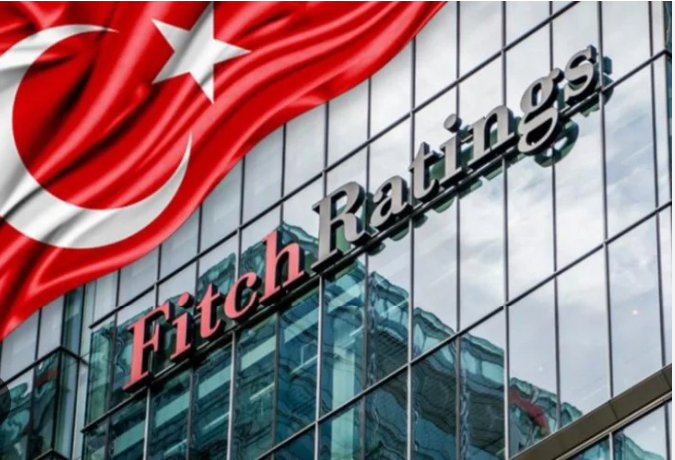Significant Policy Shift
The revision of the Outlook to Stable reflects the return to a more conventional and consistent policy mix that reduces near-term macro-financial stability risks and eases balance of payments pressures. There is still uncertainty regarding the magnitude, longevity and success of the policy adjustment to bring down inflation, partly due to political considerations.
Turkiye’s ‘B’ ratings reflects a record of political interference, high inflation, weak external buffers relative to high external financing needs and financial dollarisation. These weaknesses are balanced against the sovereign’s low general government debt relative to peers, a record of external market access and manageable debt repayment profile.
Improved Policy Consistency
President Erdogan appointed a new economic team that has re-introduced interest rates as the main monetary policy tool, and seeks to improve policy consistency by containing the increased budget deficit and slowing domestic demand by changing the composition and pace of credit growth. They have also allowed the lira to depreciate (26% since May), in marked contrast to the relative stability prior to the elections, which has eased pressures on international reserves.
Monetary Policy Normalisation, Political Risks
The Central Bank of the Republic of Turkiye has increased its policy rate by 1650bp to 25% since June. It aims to bring inflation expectations and core inflation under control, supported by changes in existing targeted financial regulations to increase deposit and credit rates above its main policy rate. Although we forecast the bank will lift its policy rate to 35% by end-2023 and remain at that level in 2024, there is a high degree of uncertainty about the future pace and duration of monetary policy tightening.
Pressures on Reserves Easing
Gross international reserves have noticeably recovered since mid-May and we forecast they will reach USD115 billion by end-2023 and remain relatively stable in 2024, bringing reserve coverage of current external payments to 3.2 months, slightly below the forecast 3.4 ‘B’ median. The central bank’s net foreign asset position remains significantly negative (minus USD67 billion) when excluding FX swaps.
Moreover, reserve coverage remains weak given high financial dollarisation (42.2%; 58.7% when including FX-protected deposits) and large external financing requirements. Authorities have signalled their intention to reduce FX protected deposits (USD125.3 billion in September), but this is dependent on sustained improvement in inflation and lira depreciation expectations.
To read the rest of the rating review, click here
Follow our English language YouTube videos @ REAL TURKEY: https://www.youtube.com/channel/UCKpFJB4GFiNkhmpVZQ_d9Rg
And content at Twitter: @AtillaEng
Facebook: https://www.facebook.com/realturkeychannel
